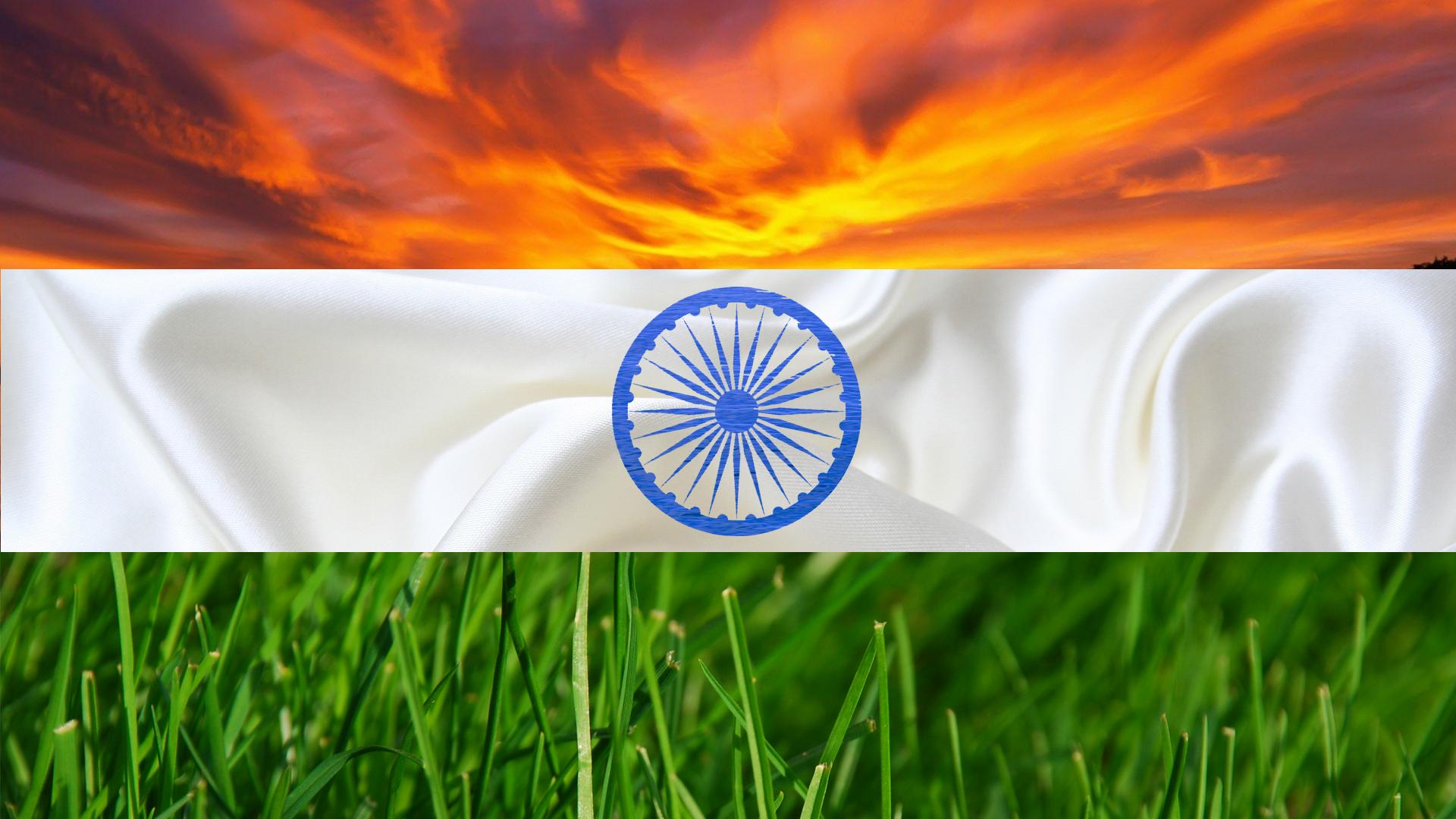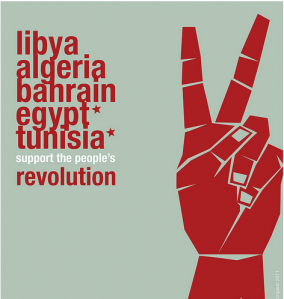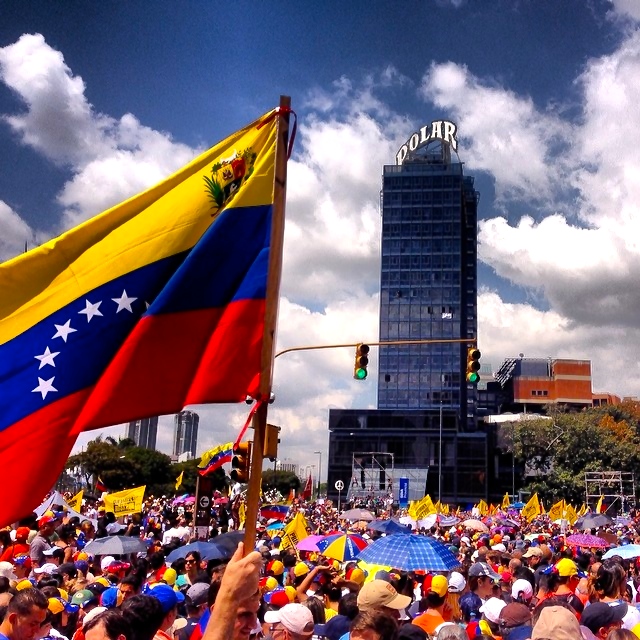Algeria belongs to the locals. Arriving in Algiers’ Houari Boumediene International Airport, it’s readily apparent that the facility wasn’t designed with tourists in mind. Distractions found in other regional airports, such as high-end shopping, restaurants and souvenir kiosks are absent. Loitering isn’t permitted, let alone encouraged.
And security, not traveller comfort, is the primary concern — echoing both Algeria’s decadeslong mistrust of outside interference in domestic affairs as well as the legacy of the 1991-2002 civil war and subsequent jihadist insurgency. Named after the chairman of the Revolutionary Council and the republic’s second president, the airport serves as a clean and utilitarian transit point, facilitating travel to and within Algeria.
Editor’s Note: This feature was written by a Stratfor analyst on assignment in the Middle East and North Africa
Moving through customs, I found I was the only traveler entering without an Algerian passport and on leaving the airport, I was immediately marked as an outsider by one of the several black market moneychangers that lurk around the exits. (Having arrived on an evening flight from Europe, the official exchange office was closed.) In one of the few conversations in English I had in the country, I was offered dinars, arrangements for a taxi, chauffeur service or hotel. He asked if I had arrived on business, and when I responded in French, the man balked a bit. Our interaction ended with the arrival of a policeman who dismissed the moneychanger with a tilt of the head. Though the practice is technically illegal, the officer then called over a different moneychanger and told me he offered better rates. He then told me to only exchange enough for the taxi ride to my destination in the city. Making the transaction in dollars, not euros, triggered looks of surprise between the moneychanger and the officer. Tourists are rare and Americans, rarer.
The Beating Heart of Algeria
Even seen through the windows of a taxi careening through Algiers’ infamous traffic, the city’s beauty was unmistakable. The route to my apartment avoided the main coastal highway, alternating instead between the Rue Hassiba Ben Bouali (named after a teenage martyr of the revolutionary struggle against the French) and Rue Belouizdad (the former address of author Albert Camus). The core of Algiers, home to about 3.5 million of Algeria’s approximately 40 million people, sprawls across several hills overlooking the eponymous bay. My driver zipped in and out of a dizzying web of streets, pointing out places associated with the French occupation, the revolutionary struggle or a favorite cafe. Making a sudden left, he turned off the boulevard and we reached Alger Centre, at the base of the Escaliers Khemisti near where I would be staying. Whitewashed French-era buildings intermingled with the government offices that dominate this section of the city, where buildings compete for views of the sea.
Driving in at night, most shops were closed, but the city was alive. Cooler temperatures make for pleasant evenings, complimented by Algiers’ steady ocean breezes. Tea vendors and others catered to the throngs of young men standing around, or walking along the many gardens and promenades of the city center. As I would learn in the coming weeks, they were invariably engaged in intense conversations about soccer, preparations for the upcoming Eid al-Adha holiday as well as occasionally about Algeria’s political situation.

One of the many public gardens in central Algiers. (Stratfor)
Walking up the stairs to my apartment, the city’s topography further revealed itself, especially when it came to the more desirable neighborhoods. Everything is up or down hill. The Ottoman, French and post-revolutionary elite scramble for the best vantage points from which to experience the city’s ocean breezes and views of the Mediterranean Sea.
The Double-Edged Sword of Geography
Algeria lies in the heart of North Africa, sharing land borders with the Maghreb states, Libya and much of the Sahel. It is the largest Arab state, followed by Saudi Arabia. The country’s centrality and relative stability present many opportunities for it to serve as a gateway for the international community into North Africa. With abundant natural resources, a strong Francophone tradition, and a large labor force coupled with low wages, Algeria should be a magnet for foreign investors. Despite healthy international interest, the government hesitates to allow too much foreign participation in domestic economic affairs — the question of security remains paramount, especially given the country’s long borders and expansive territory. The apex of the Algerian leadership — a mix of revolutionary-era politicians, military commanders and increasingly a private business class — is often referred to as “le pouvoir,” itself a nod to the country’s long and difficult occupation under French rule. Outsiders often refer to a shadowy and secretive cabal of aging leaders as the concentration of power within the country, but this denies the vibrancy of the Algerian street and the power of the Algerian public.
That perspective is informed by the few anecdotes on Algeria readily available to the Western hemisphere and much of the world. Algeria traditionally has been, and remains, a relatively unknown country flanked by exotic travel destinations. North Africa rocketed to global headlines in the chaotic unrest of 2011’s so-called Arab Spring. Unlike Egypt and Libya, Algeria’s government and long-time president, Abdel Aziz Bouteflika, remained in place, though the impacts of the region’s widespread unrest can still be felt today.
Europe’s perspective on Algeria is different. Proximity to North Africa, as well as a long history of back-and-forth conquest, colonialism and human migration has led to an awareness — though not always an understanding — of their southern neighbors. Balanced Western narratives on Algeria are rare; they frequently focus on security or stability issues. Less frequently, one hears discussions of the Arab Spring and its influence on the country, or a convoluted and corrupt democratic system.
Algeria views are one-dimensional, and Algerians engage in political discussions that are surprisingly frank and open. The presence of the security services can be felt everywhere, but there is a conscious and visible attempt by the government to channel public sentiment into allegiance to the state or party structures, not individual leaders. Despite foreign criticisms of President Bouteflika’s continuing tenure, there are few photographs or posters with his photo outside government buildings. The same cannot be said for much of the surrounding region. His image is not omnipresent; his eyes are not pasted across walls to watch over the city. And yet, among many segments of the population he is popular. Even the youth I spoke to — disgruntled as they were over the lack of job opportunities, or critical over the slow pace of reforms — would often ask through a haze of cigarette smoke “do you know anyone else who could do better?”
Having the Strength to Endure
Algeria are comfortable in pointing out the challenges facing the republic today: High unemployment, especially among the youth, and the lack of affordable housing are the most common refrains. (A common claim is that Algiers has the most expensive real estate in North Africa.) Several layers of bureaucracy make even simple decisions difficult or time consuming, with bribes needed to facilitate everything from issuing permits to high-level international energy deals. But rarely, if ever, did I hear complaints over the ever-present police and security forces, instead time and again people would say, “Algiers is safe.”
The Algerian government has made significant strides in securing key urban population centers and its borders, especially since the 2013 Ain Amenas attacks. It is easy to forget that the country is still fighting a jihadist insurgency and shares long borders with Tunisia’s unstable western region and Libya. Incongruously, this is a point of pride for many Algerians. National identity is predicated on a few key pillars, the two most salient being the Algerian defeat of the French occupation, and the government’s victory against the jihadists after the civil war. In the six decades since the revolutionary war began, Algeria has experienced several challenges, but has been able to confront them and succeed without outside aid, as Algerians are quick to tell you.
Algeria boasts a long Mediterranean coastline. Architecture, culture, art and cuisine offer much to would-be tourists. For an economy with nearly 40 percent youth unemployment, a weakening currency, and a desire to diversify away from hydrocarbon revenues, a serious push to bring in tourists would seem obvious. But most hotels are expensive and offer poor amenities, and the cash-based economy has poor connectivity to international payment and credit card systems. And as I discovered, dollars are hard to exchange and sometimes refused, so the lesson is to bring euros.

Many Algerians deflect the question of why more foreigners don’t visit Algeria with a litany of different statements — “Morocco and Egypt play up the security situation in Algeria to benefit their own tourist industries,” or “Why would anyone want to come here?” or even “We do have tourists — what are you?”
Algeria has thus far resisted becoming too dependent on foreign visitors, and is unwilling to loosen robust controls along the borders to facilitate movements of travelers that could easily obfuscate the movement of terrorists. Tunisia’s security problems and Morocco’s inability to lead the region (from an Algerian perspective) are attributed up to overdependence on Western tourism, or to an inability to rely on themselves or their own resources. But when pressed further, both citizens and government officials will eventually come to a similar conclusion, that in the Algerian mindset, relying on tourism makes you weak. The lessons of Algeria’s past are that the country’s current challenges will only be solved through Algerian strength.







